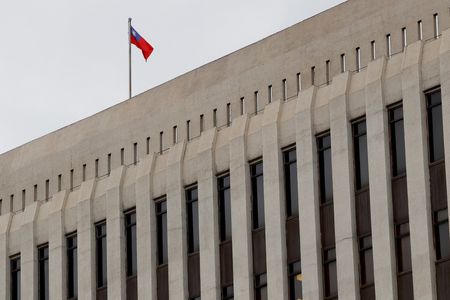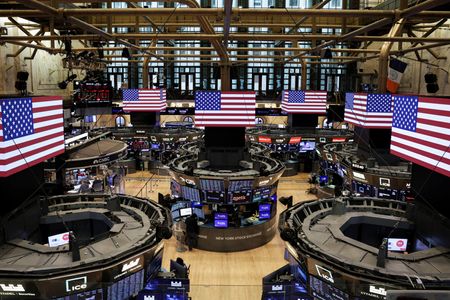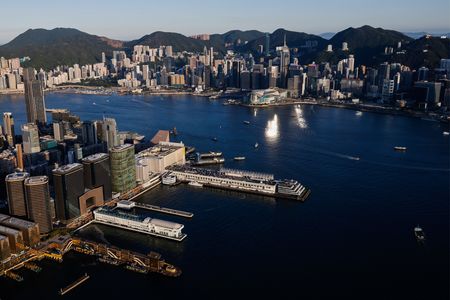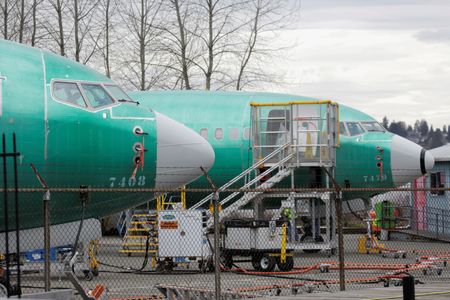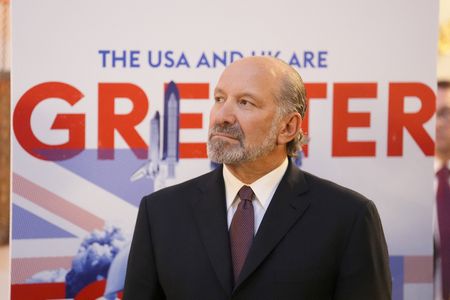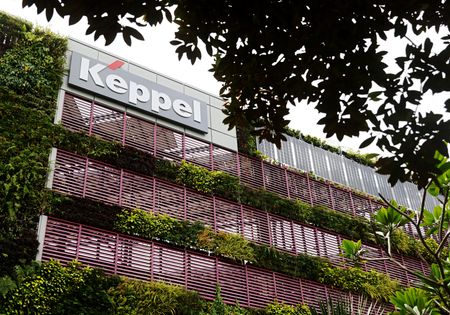TAIPEI (Reuters) – Taiwan’s central bank on Wednesday defended the island’s trade and currency record ahead of possible tariffs from U.S. President Donald Trump, saying the high current account surplus was a structural problem and Washington understood that.
Trump officials, including Treasury Secretary Scott Bessent, have said that much of the reciprocal tariff focus, to be announced on April 2, will be on 15 countries that have the highest trade surpluses, which Bessent has referred to as the “Dirty 15.”
They did not name these, but according to U.S. Census Bureau data, Taiwan is one of those 15 with the largest trade surpluses with the United States, along with countries like China and South Korea plus the European Union.
In a report to lawmakers, Taiwan’s central bank noted that the island’s current account surplus last year was 14.3% of GDP.
“It reflects the structural problem of the sharp increase in U.S. demand for Taiwan’s technological products and the expansion of our trade surplus with the United States. The U.S. side understands this point of view,” the central bank said.
Taiwan runs a large trade surplus with the United States, which surged 83% last year, with the island’s exports to the U.S. hitting a record $111.4 billion, driven by demand for high-tech products such as semiconductors, a sector Taiwan dominates.
“As Taiwan’s trade surplus with the United States is relatively large, the risk of bilateral trade disputes between Taiwan and the United States must be carefully managed,” the central bank said.
Taiwan has previously been put on a foreign exchange “monitoring” list by the U.S. Treasury Department given its trade surplus and outsized current account surplus.
The central bank said its exchange rate policy aims to maintain an “orderly” foreign exchange market and financial stability, and that it never intended to gain an unfair competitive advantage in trade.
It also expressed concern about Trump’s frequent economic and trade policy flip-flops and lack of clarity about his plans on tariffs in particular.
“Especially, the impact of the tariff increase policy is the most significant, which is detrimental to the growth of the global economy and may push up inflation,” the central bank said.
(Reporting by Liang-sa Loh and Ben Blanchard; Editing by Christopher Cushing and Sam Holmes)

